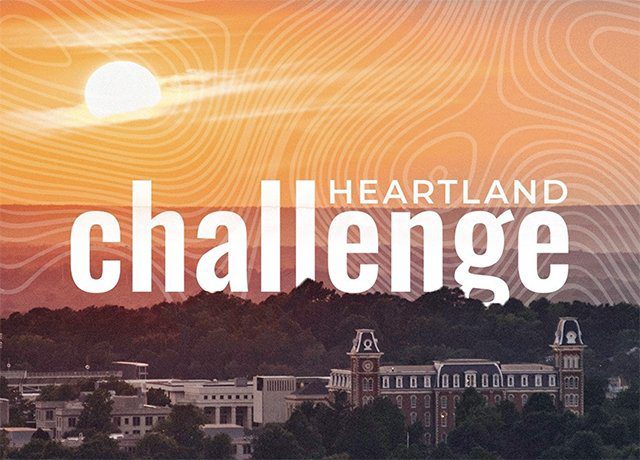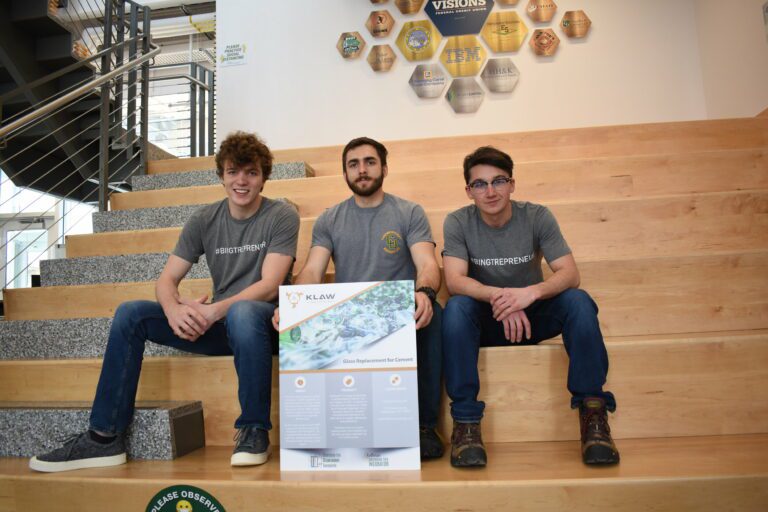Twelve student teams from across the US went head-to-head last weekend in a battle for funding at the third annual Heartland Challenge. These teams are tackling a vast array of community obstacles from advancing brain cancer diagnostics with same-day genetic sequencing to creating an eco-friendly baby bottle. Sponsors from around the country, including Delta Solar, pitched in to help these innovative start-ups gain ground in their respective industries.

Hosted by the Sam M. Walton College of Business and overseen by the Office of Entrepreneurship and Innovation (OEI) at the University of Arkansas, the Heartland Challenge provides a real-world experience for young, innovative minds. Venture teams were challenged to pitch a high-growth business venture and raise enough capital to get their ideas off the ground. What were they fighting for? A prize pool of $110,000, including the Delta Solar Innovation Award (and a $2,000 cash prize) to the team that pitched the most groundbreaking and community-supporting business venture.
Similar to competitions that Delta Solar co-founder Douglas Hutchings experienced as a Ph.D. candidate at the University of Arkansas, teams were given the opportunity to grow their networks, allowing their ideas to reach far beyond their university’s boundaries. Delta Solar, like Hutchings’ earlier entrepreneurial initiatives, would not be possible without the experience that he gained through these competitions.
“We recognize that thorough, innovative science and boundary-pushing technology are the way to a better future, and we want to reward students who work toward that goal,” Hutchings said. “For the second year in a row, Delta Solar awarded the Delta Solar Innovation Award to an inspiring and deserving team – KLAW Industries.”

KLAW Industries from New York swept the challenge nearly single-handedly, leaving the competition with $107,000. The start-up, led by three Binghamton University students, upcycles glass waste into a concrete ingredient increasing its strength while decreasing its cost and CO2 emissions.
” We are ecstatic to support the KLAW team and will continue tracking their progress as they work to improve our planet,” Hutchings added.
